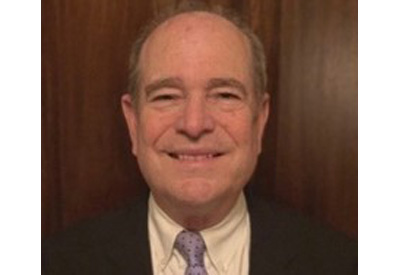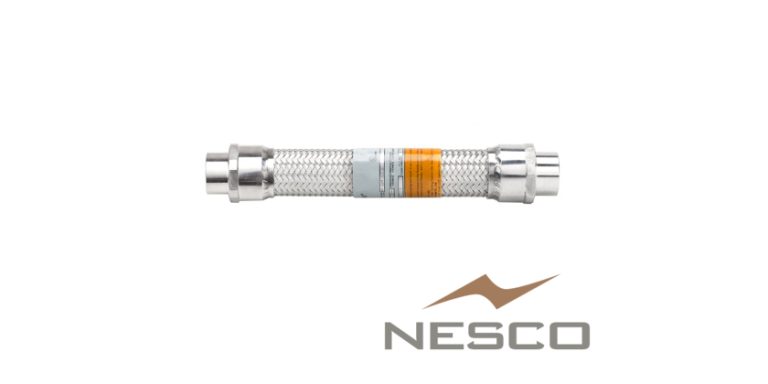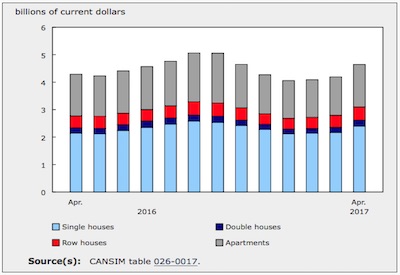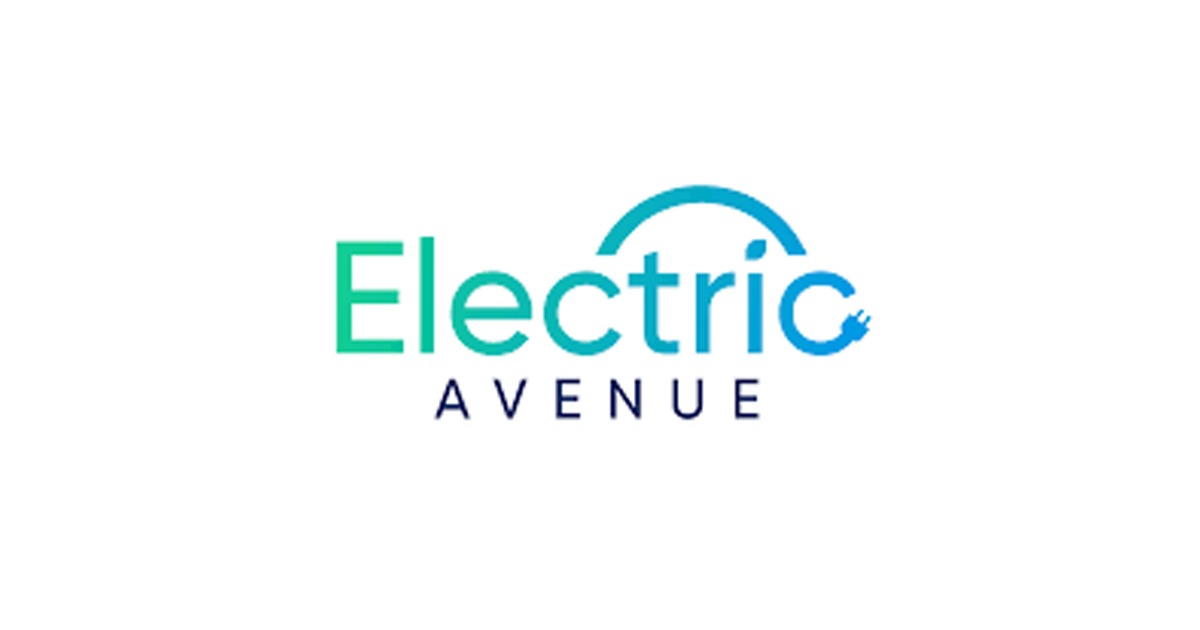Reps — Different Goals, Skills, and Compensation Models

May 26, 2021
By Gene Biben
This is a follow-up to my last writing regarding manufacturers’ representatives and their functions. Based on reader requests, I was asked for some compensation suggestions to motive reps.
This is just one perspective from someone with agency experience. There are many variations that can be developed and much depends upon the circumstances and the business models. Channel Marketing Group works with manufacturers and reps to develop win-win solutions. Interestingly, however, we see manufacturers often prefer a “one size fits all” model due to “ease of administration” or “legal prefers.” If properly incented and structured, reps could perform better for a manufacturer.
Now, please understand, my philosophy when I was running an agency was that promotions and bonuses were intended for the associates and not the company. The intention of bonuses and promotions was explained to me as a method for a manufacturer to gain the “mindshare” of individuals and this is the way we took to them in my organization.
However, as I have explained to more than a few of the manufacturers we represented, commissions, as our company practiced, pay the salaries, expenses, insurances, profit-sharing, matching pension contributions, etc. that allow the business to survive and grow. Hiring new associates also comes from commission income that can be counted rather than bonuses or promotions.
Understanding this allows me to give examples of when certain programs might be considered for various models of products offered.
Manufacturer in the commodity business seeks a new representative but they have limited previous sales in the territory
In this scenario the introduction of the products usually needs to be made to distributors’ inside and outside salespeople for consideration in quotation opportunities. The line “currently” has no mindshare at distribution.
Do these products need to be pre-approved by specifiers or contractors? Likely not often. However, telling end users or specifiers about the products and their use is generally recommended for acceptance. Questions whether the product line is “acceptable” then remain. Distribution must buy in, and contractors, industrials and sometimes specifiers need to have some name recognition of the line, so reps need to spend much time orienting all to whom the manufacture is. If the manufacturer has limited marketing, this entire endeavour takes time, but the rep can usually use their relationships and contacts to get this support to at least generate quotes initially. (As an aside, this is a major benefit of reps … reps have relationships where they can ask for “favours” to at least get a line an introduction.) The key is that the factory has to deliver, and it must be willing to buy some business (quote aggressively) to prove itself and position itself to earn business. Deciding whether to be selective or exclusive in supporting key distribution targets can also be important, but this is determined by the manufacturer’s availability of product and pricing and what is necessary to be successful.
For these products, a flat commission with initial consideration for new customers or achieving set goals is often considered.
We had a large manufacturer that offered a commission on their products and another percentage on incremental business when it surpassed the sales for that month versus the previous year and were paid in a lump sum at the close of the year. It was very effective as it kept us focused on monthly performance.
Manufacturer where specifications are necessary
The sales process is similar as above, however added steps are included at the user level and may include engineering, architects, OEMs, MROs, utilities, etc. prior to the sales.
In agent terms, much missionary work is needed to generate a quotation opportunity, if the project is approved and quotes are requested. These are also called “long cycle sales,” and are typically more than 90-120 days out. They take time and dedication.
How long is the call cycle prior to actual sales being driven and income actually earned?
We had a manufacturer that stated a minimum of one year would likely be needed. We mutually negotiated a one-year guaranteed payment (minimum commission), which was paid monthly. We sent the manufacturer monthly sales calls on our activities to earn the minimum commissions, and when a month came where the earned commissions were over the minimum, they paid the difference. In this instance we began earning more than the minimum after three to four months. I called to end the activity-based commission plan out of fairness to the manufacturer. The manufacturer chose to keep it in place given the positive results and then offered this incentive to other new representatives. He recognized that he was “buying” our share of mind and believed in the “steps to the sale” concept. If you’d like to know more, contact me.
Manufacturer needs more “feet on the street” beyond a direct sales force
We successfully worked a hybrid sales force model in the past. The key was we considered the direct salespeople as significant assets and included them in our sales meetings, holiday parties and any event, either business or personal, our associates celebrated. In other words, we made them part of our company. One of our manufacturers had our regional manager and me make a presentation on our success to their national sales force. The intent was to show that reps were not a threat but a complementing sales organization.
We included their salaries when determining our actual commissions. We asked ourselves, “What would it cost us to hire specialists?” We segmented roles. They were focused on end-users, influencers and providing training while we focused on contractors and distributors. It was a division of labour.
When I was the NEMRA Chairman, the NEMRA Manufacturer’s Group (NMG) had a member that wanted to change their commissions considering the many different qualities of their representatives. The product line required coverage at distributors, contractors and engineers. Some of their reps had capabilities of each. However, many did not.
The commission schedule developed gave percentages offered to representatives for each of the three categories, and the rep made the decision on which commission schedule they knew either fit their capabilities or were in an area they wanted to pursue. The balance, when not taken, was used to finance direct salespeople required to support the geography, when feasible.
Manufacturer requires a specialist in the representative’s geography
Certainly, the manufacturer can decide to put a direct salesperson for their product in the territory. Manufacturers have shared that they need $2-3 million in sales to justify a person (typically at a loaded cost of $200-$250,000).
However, manufacturers have also helped finance these individuals for a specific time period to promote these products until they achieve an acceptable sales level with the prerequisite earning income needed to support the role at the agency. There have been many examples of this done through the years by manufacturers. In fact, manufacturers have done similar financing at a distributor who may have various alternatives to the product line as opposed to partnering with an agency.
Another model is where adjoining agency co-fund a specialist to support both markets with the manufacturer being a third financier, hence all parties benefit and an additional resource is added to the market.
Manufacturer’s product line or pricing change that will adversely affect sales and income
Again, when I was the NEMRA Chairman, a larger manufacturer had the NEMRA president and me meet with them and their upper and middle management. They were making decisions regarding their pricing strategies. They knew their representatives would be adversely affected and truly believed they would lose some of their best representatives to competitors.
After reviewing the changes and calculating the potential impact, we suggested minimum guarantees for those representatives they were concerned about losing. These were the best of their group in sales and margins. The company changed their strategies and kept every representative they were concerned about losing. A few of the reps said they felt an even stronger allegiance to the manufacturer than previously because of their special treatment. The manufacturer was concerned about the impact on their agencies and valued the relationships.
My last example was a manufacturer we did not represent (nor did I represent their competition). I was invited to their executive meeting as a former NEMRA chairman to explain what representatives did, their costs, and what drives a representative to success. (Essentially, they asked for consulting advice, but this was before I consulted!)
The VP of Sales brought up a specific issue in a territory. He said they would prefer a competitive rep in a territory that had an unusually strong share of their product. He wanted to recruit them!
His question was how to get them as his commission schedule was similar to his competition. My comment was, “Why does every representative deserve the same commission rate if their success, value or services are different?”
I later saw him at an NAED meeting. He told me they recruited the rep they wanted by offering him more commissions and an incentive. He also said their sales had gone up nearly 30% and their profit margin more than doubled, hence making the hire well worth the added commission.
Representatives understand that for them to be successful, their manufacturers and distributors likewise need to be. The representative, like the manufacturer and distributor, also needs to be profitable. If you want to drive your reps to be what you want them to be, doing the activities you want from them, help them by understanding not only their values, but their costs.
Or, another way of thinking about it could be, “Are all people in the department in your company that are doing the same job, regardless of tenure or skills, paid the same amount?”
Please contact Channel Marketing Group, or myself, with any comments, suggestions or questions. We are here to help make this industry more successful when we can.
Gene Biben is a 30+ year veteran of the electrical industry, having led Joseph E. Biben Sales Corp (Biben Sales), a leading electrical manufacturer representative in the MidAtlantic region. Gene has recently joined Channel Marketing Group, which develops market share and growth strategies for manufacturers and distributors and develops market research. Gene is a past NEMRA president and has served on NAED, manufacturer and distributor advisory councils. CMG’s specialty is the electrical industry. Channel Marketing Group does not engage with clients on detailed pricing strategies, however, given that pricing is a critical element of sales, marketing and growth planning, we do get asked about the topic and can share opinions and refer to those who focus on the area as well as share anecdotes. Gene can be reached at gbiben@channelmkt.com.











